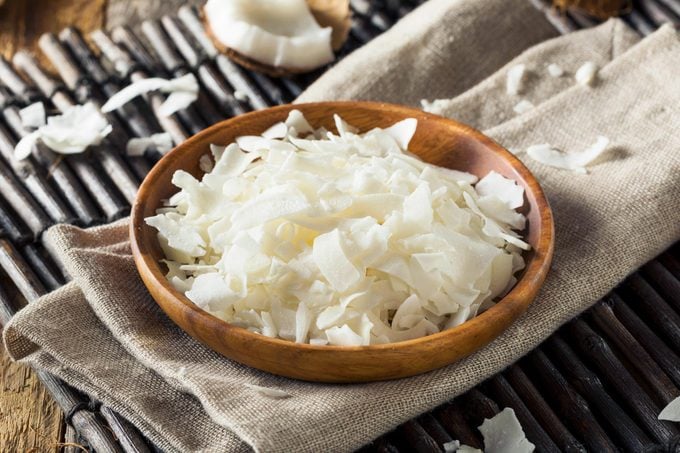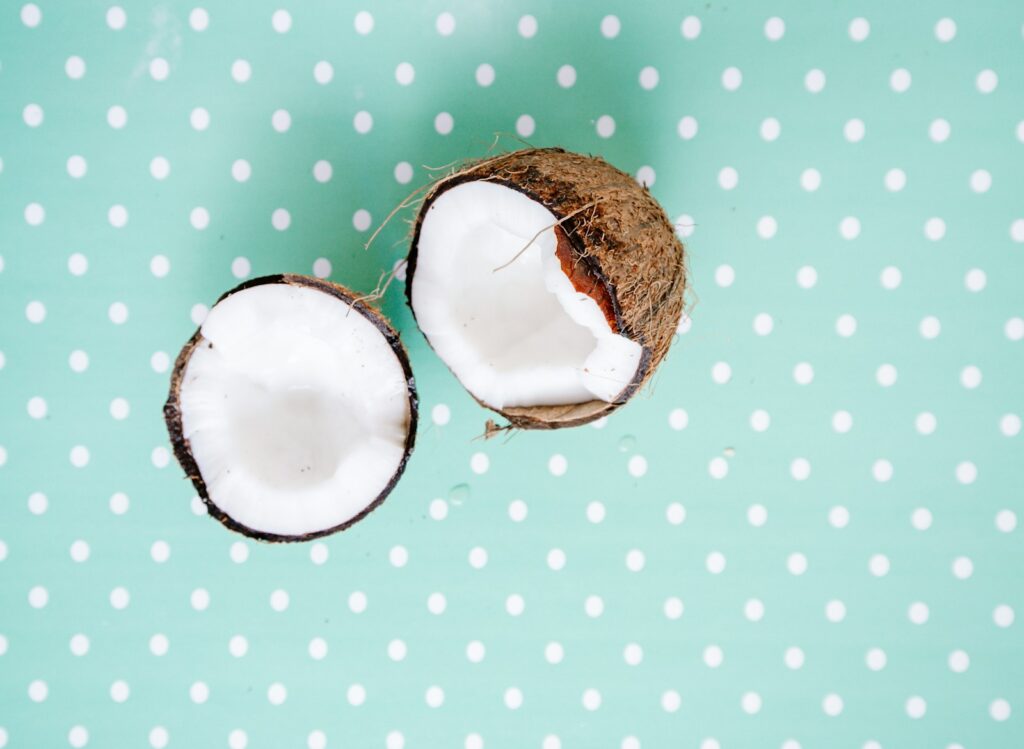
In an age where conscious consumption and environmental responsibility are increasingly at the forefront of consumer decisions, food choices play a pivotal role. Among the many ingredients being evaluated for their ecological footprint, unsweetened coconut flakes stand out as not only a nutritious pantry staple but also a surprisingly sustainable agricultural product. Derived from the dried meat of mature coconuts, these flakes offer a low-impact alternative to many heavily processed snacks and ingredients.
This article explores the environmental impact of unsweetened coconut flakes, the sustainability of coconut farming, and why this humble ingredient is becoming a preferred choice for eco-conscious consumers and businesses.
Understanding Unsweetened Coconut Flakes
Unsweetened coconut flakes are made from the white meat of mature coconuts that have been shredded and dried without the addition of sweeteners or preservatives. They are commonly used in baking, smoothies, granola, and plant-based recipes. Unlike sweetened variants, the unsweetened version is minimally processed, preserving more of the coconut’s natural flavor and nutrients.
What sets coconut flakes apart from other processed snacks is not just their simplicity, but also the low environmental impact associated with their production, particularly when compared to more resource-intensive crops like dairy, soy, or almonds.
Low Water and Land Use

One of the major advantages of coconut farming is its efficiency in land and water usage. Coconuts grow on trees that can yield fruit for over 60 years, often with minimal irrigation. Unlike almonds—which require massive amounts of water, particularly in drought-prone regions like California—coconut trees typically thrive in humid, tropical regions where rainfall naturally supports their growth.
According to environmental data, it takes about 1,900 gallons of water to produce a pound of almonds, while coconuts rely mainly on rainwater and need far less irrigation, making them a more sustainable crop in water-stressed environments.
Moreover, coconuts are perennial crops. Once a coconut tree matures (typically around 6–10 years old), it produces fruit year-round without needing to be replanted annually. This reduces the energy input and soil disturbance associated with seasonal crops, further minimizing its environmental footprint.
Soil Health and Carbon Sequestration
Coconut trees play an important role in protecting soil integrity and improving biodiversity. Their deep root systems help prevent erosion, particularly in coastal areas and sloped landscapes. In addition, these trees can be part of agroforestry systems, where they are grown alongside other crops such as bananas, cacao, or spices. This polyculture approach helps maintain soil fertility, enhances biodiversity, and reduces the need for chemical fertilizers.
Furthermore, like all trees, coconut palms are carbon sinks. They absorb carbon dioxide from the atmosphere and store it in their biomass and surrounding soil. By maintaining coconut plantations and avoiding deforestation, farmers can contribute to climate change mitigation.
Minimal Processing, Lower Emissions

The production of unsweetened coconut flakes involves relatively low-impact processing. After harvesting, the coconuts are husked, the meat is extracted, then it is dried and shredded. This process typically does not require excessive energy, water, or chemical inputs—especially when compared to more refined or sweetened products that involve multiple stages of production and the addition of sugars, preservatives, or flavorings.
Additionally, because unsweetened coconut flakes are shelf-stable, they do not require refrigeration, which helps reduce post-production energy use. Compared to animal-based products like cheese or butter—which demand cold storage and generate higher methane emissions—the carbon footprint of dried coconut products is significantly smaller.
Byproducts and Waste Minimization
One of the overlooked aspects of coconut farming is its ability to utilize almost every part of the fruit and tree. After the coconut meat is processed into flakes, other components can be repurposed:
- Coconut husks and shells are used as fuel, activated charcoal, or natural fiber materials.
- Coconut water can be bottled for beverages.
- Coconut oil and coconut milk are extracted from the same raw materials.
- Even the tree’s leaves and wood can be used in local construction or as biofuel.
This efficient use of the entire plant minimizes agricultural waste and increases the overall sustainability of coconut-based industries. The zero-waste potential of the coconut palm contributes to its reputation as the "tree of life" in many cultures.
Challenges and Ethical Considerations
While coconut flakes have many environmental advantages, it's important to acknowledge the social and ethical challenges associated with coconut farming. In some regions, coconut production has been linked to low wages, labor exploitation, and lack of worker protections. Additionally, growing global demand has led to concerns over monoculture plantations, which can reduce biodiversity if not managed properly.
To address these concerns, conscious consumers should look for coconut products that are:
- Fair Trade certified, ensuring ethical labor practices.
- Organic certified, indicating reduced pesticide use.
- Sourced from smallholder farms or cooperatives that invest in community development.
By supporting transparent supply chains and responsibly sourced coconut flakes, buyers can help reinforce sustainable and ethical practices.
Coconut vs. Other Plant-Based Ingredients

When compared with other popular plant-based alternatives, unsweetened coconut flakes hold their own in terms of environmental impact:
| Product | Water Use | Land Use | Processing | Shelf-Stability |
|---|---|---|---|---|
| Unsweetened Coconut Flakes | Low | Moderate | Minimal | Yes |
| Almonds | High | High | Moderate | Yes |
| Soy Products | Moderate | High | High | Sometimes |
| Dairy (e.g., cheese) | Very High | High | High | Yes, but needs cold storage |
This comparison makes it clear that coconut flakes are among the most environmentally friendly options, especially when grown under sustainable and ethical conditions.
A Step Toward Sustainable Eating
Incorporating unsweetened coconut flakes into your diet is not only a flavorful choice but also a step toward sustainable eating. Whether used as a topping on oatmeal, an ingredient in vegan baking, or a crunchy addition to savory dishes, coconut flakes offer a versatile and low-impact alternative to more resource-intensive foods.
Moreover, their long shelf life and minimal processing mean fewer preservatives, less packaging, and reduced food waste—further enhancing their appeal from an environmental standpoint.
Conclusion
Unsweetened coconut flakes exemplify how traditional foods can align with modern values of sustainability, minimalism, and ethical sourcing. From efficient land and water use to low-emission processing and full-plant utilization, coconut flakes present a compelling case for being an environmentally responsible choice.
However, as with any agricultural product, sustainability isn't guaranteed. Consumers, brands, and producers must work together to support practices that promote ecological health, fair labor, and biodiversity. By choosing responsibly sourced coconut flakes, we can all contribute to a food system that nourishes both people and the planet.



